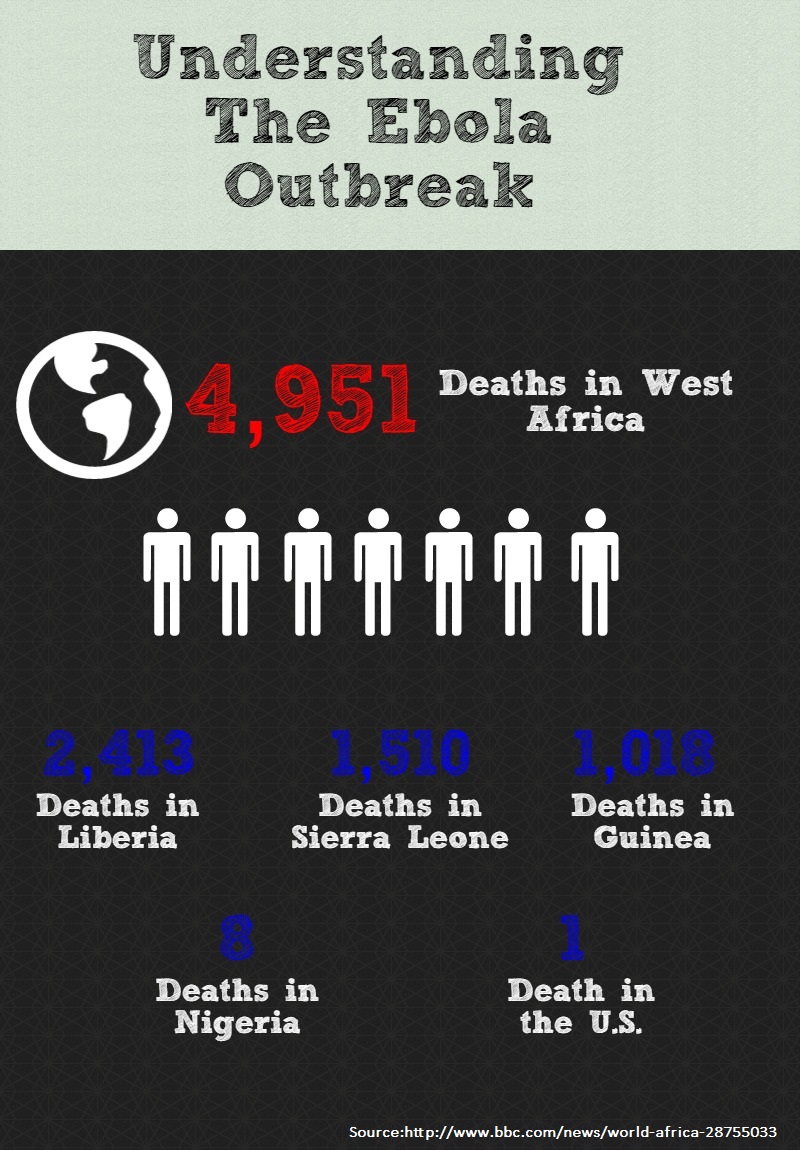The environmental cost of economic development is extensive, and poor nations of the world often have to sacrifice their resources for a “better lifestyle.” The case of environmental degradation for profit can most easily be made with the example of Bolivia.
Last month, Bolivia’s second largest lake, Lake Poopo evaporated according to environment groups. This development has negatively altered the lifestyles and livelihoods of the hundreds and thousands of residents that lived near the lake. While reports have highlighted the issue of water scarcity on the local environment; it has reawakened the sense of concern regarding climate change and the cost of environmentally unsustainable development. This lake was not only used to sustain agriculture but, over the years, also the growing mining industry. However, what the media has failed to mention are the challenges faced by Bolivian policy-makers in combating resource scarcity. This is not the first time Bolivia is facing a freshwater crisis.
First, the idea of the nation’s second biggest lake evaporating itself should not be taken lightly. It cannot be stressed enough how important water is as a resource here on earth. It has driven everything in our society from our culture to our economic development. The drying of Lake Poopo has diminished an entire population. Additionally, issues surrounding the privatization of water in Bolivia and the resulting conflicts that have erupted within this region cannot be dismissed.
Bolivia is small landlocked state located in Central South America. It sits between Brazil, Peru and Paraguay. Many states in South America have traditionally been known for their abundance of water, however over the past few years, it has become an scarce resource. Bolivia is a clear example of how water insecurity is not only the result of environmental problems, but also aggravated by poor governance and an abhorrently unsustainable economic development plan.
In 2000, during a series of protests; the Bolivian people stood up against the privatization of their local water supply. Due to the water price hike that occurred as a result of the privatization, many poor neighborhoods and communities did not have access to clean and fresh water. Water privatization essentially puts the responsibility of water distribution and sanitation in private hands,often increasing the price of water use. This was an imposition on the Bolivian people, and it only highlights how sustainable development is more likely to be achieved through greater public participation. This privatization policy was imposed upon Bolivia by the World Bank and was a precondition to foreign aid. The World Bank approval of water privatization stood by the premise that the Bolivian government was plagued by corruption and ill equipped to deal with the public water systems. The government approved the plan for foreign investors and companies such as Bechtel to take over the water supply.
Although Bolivia does not have a history of “natural” environmental issues, poor governance, unsustainable levels of growth and forced economic foreign investment, and aid have resulted in a dire water situation. Supporters of privatization argue that it helps to bring discipline and efficiency to corrupt markets, and that perhaps by increasing the price of water, it would lead to greater resource conservation. If it is free, it is wasted.
The case of Bolivia however, is more complicated than the simple issue of privatization. It is a region known for an abundance of water and poor governance. While great political strides have been made after the “Water Wars”, Bolivia still suffers from limited access to water and poor sanitation. Rural areas have access to 71 percent of fresh water while sanitation coverage is often as low as 10 percent. The push for economic development and investment in mining has also used more water than it could be replenished in the ecosystem. This is not solely an environmental issue; it is a persistent issue of faulty governance. The continuing water scarcity issue must be addressed by way of sustainable public policies and most importantly, local initiatives.




